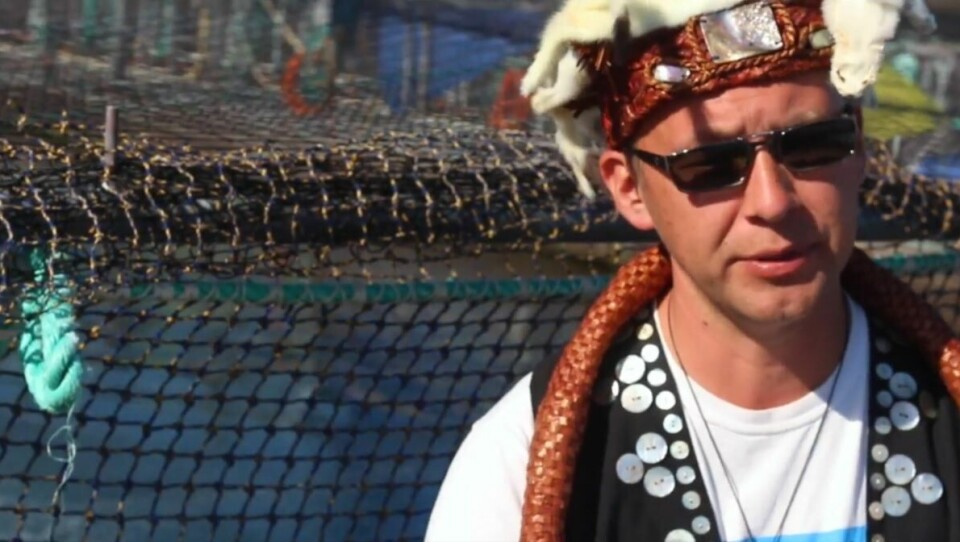
Marine Harvest wins court battle to restock Canada farm
A federal court has dismissed a bid by the ‘Namgis First Nation to prevent the restocking of Marine Harvest’s Swanson Island salmon farm off northern Vancouver Island in British Columbia, Canada.

The ‘Namgis’ request for an injunction was part of a broader application for a judicial review of federal policy that does not require fish to be tested for piscine reovirus or heart and muscular disease before being transferred to a farm, The Canadian Press reported.
Justice Michael Manson issued a 41-page decision agreeing there is a "real and non-speculative likelihood of harm" to the 'Namgis way of life from fish-borne disease, but he rejected an injunction on the transfer of the smolts because of its timing.
He found Marine Harvest had informed the 'Namgis on December 21, 2017, that it intended to restock the Swanson Island farm in early spring.
The application to halt the restocking was not filed until March 9, 2018, "mere days before the transfer was set to begin," Manson wrote, adding, the late notice prevented the company from finding room for the smolts in any of its other BC salmon farms.
Marine Harvest testified smolts raised at a freshwater facility would be ready for transfer to salt water within a short window and any delay could be deadly, potentially costing the company 2.1 million Canadian dollars (£1.13m) when loss of the smolts and costs of preparing other pens were tallied.
Delay exacerbated problem
"Furthermore, the ('Namgis') delay in bringing this motion has exacerbated this problem, such that this harm can no longer be avoided," said Manson.
Court documents show that Marine Harvest has operated for 28 years in compliance with Fisheries and Oceans Canada (DFO) requirements for transferring fish and the ruling also said Marine Harvest has made "good faith" attempts at consultation with the First Nation.
In relation to the 'Namgis application for the judicial review of federal policy on the testing of Atlantic salmon for diseases that could be passed to Pacific salmon, Manson’s decision was critical of DFO, finding it had failed to consult with the 'Namgis about the policy and has no "supervisory control or objective criteria" regarding tests for disease in fish being transferred to open pens.
Open to all options
Earlier this month, Marine Harvest Canada managing director Vincent Erenst said: “We have tried many times to engage ‘Namgis leadership in respectful discussions about our business generally and this year’s tenure renewal specifically, without success. We are open to discussing all options, including potentially relocating some of our farms.
“It is concerning that the ‘Namgis are resorting to legal action rather than discussion, and misinterpreting what science tells us about PRV as the basis of a legal challenge that attempts to interrupt our business and put people out of work, some of them of First Nations heritage.”
In the same statement, MH Canada said application for renewal of the Swanson Island tenure, which expires in June, is currently in process and again includes Crown consultation with the ‘Namgis First Nation.
In a statement this week, Marine Harvest said it "will continue to seek engagement with the 'Namgis First Nation to find collaborative solutions and a pathway forward".
However, in a statement following the ruling ‘Namgis hereditary leader Ernest Alfred, who last year took part in an occupation of the Swanson Island farm, said: “Farm fish are killing our salmon, our way of life and there can be no reconciliation with First Nations as long as there are farm salmon in my territory.”






















































